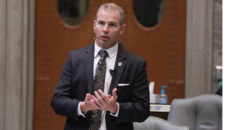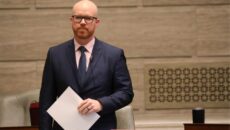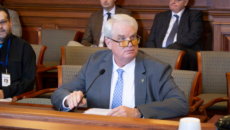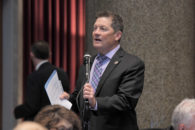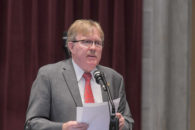JEFFERSON CITY, Mo. — Missouri could increase education funding by as much as $2.45 billion under a spate of initiative petitions looking to alter the constitution’s wording on public schools, according to the fiscal notes.
All six of the citizen-initiated ballot measures were filed by DeeAnn Aull, the executive director of the Missouri National Education Association (NEA). They are all related to public education with a variety of provisions sprinkled amongst the proposals.
“As educators, students are at the center of everything we do. Missouri’s priorities are out of balance, in broad terms. These initiative petitions seek to ensure that every student in Missouri, regardless of zip code, attends a public school with well-resourced classrooms that inspire their natural love of learning,” Mark Jones, political director for the Missouri NEA, told The Missouri Times. “As teachers, bus drivers, and school employees, we are exploring every potential avenue to ensure students have the resources they need to become the artists, engineers, and leaders of tomorrow.”
The State Auditor’s Office (SAO) — which consulted state and local government entities and others with knowledge pertinent to the costs of the proposals — compiled estimates of the fiscal impact.
The projected impact of the petitions varies depending on the provisions included in the proposal.
All seek to amend Missouri’s constitution to state: “The [General Assembly] shall have an affirmative duty to adequately and equitably fund the free public schools established in this article.”
Some petitions would also prohibit “any appropriations be made, funds expended, or tax certs or other tax expenditures” to benefit private schools. Others would set up taxpayer-funded preschools.
“Costs to the state are unknown but may be up to $2.45 billion annually. School districts may have a positive fiscal impact,” the fiscal analysis noted on petitions 2020-118, 2020-120, and 2020-122 said. These petitions included the early childhood education provision.
“Costs to the state are unknown but may be up to $1.29 billion annually. School districts may have a positive fiscal impact,” the fiscal notes on petitions 2020-117, 2020-119, and 2020-121 said.
Missouri spends about $6 billion in total on elementary and secondary education. The FY 2020 budget was roughly $30 billion.
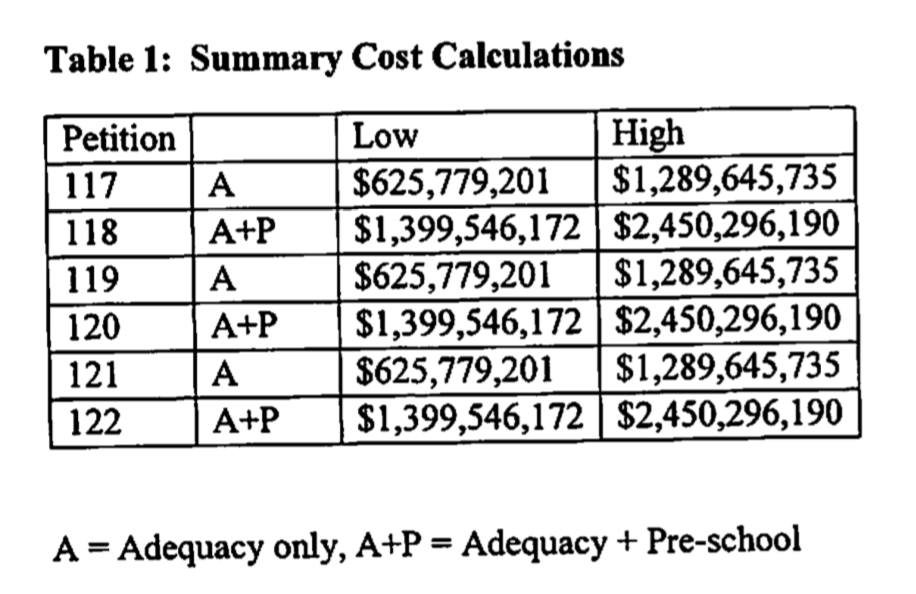
According to Michael Podgursky, an economics professor at the University of Missouri who submitted a fiscal analysis, adding “adequate” as a requirement would increase public school funding anywhere from $625,779,201 to $1,289,645,735.
Podgursky also estimated the cost of public early childhood education. Depending on the percent of children enrolled in the program, taxpayers could be expected to shell out between $773,766,970 and $1,160,650,455.
Ballot language has yet to be issued for the petitions, which are closed for comment.
A new political action committee, Keep the Promise PAC, has been formed to oppose the initiative petitions.
Petitioners have until May 3, 2020, to deliver signed petitions to the Secretary of State’s Office. Proposed constitutional changes must be signed by 8 percent of legal voters in any six of the eight congressional districts, which amounts to a minimum of 160,199 signatures. Proposed statutory changes must be signed by 5 percent of legal voters in any six of the eight congressional districts, which amounts to a minimum of 100,126 signatures.
A total of 125 initiative petitions have been submitted to the Secretary of State’s Office for this cycle. In total, two petitions are accepting comments, 10 are closed for comment, 54 have been approved to circulate, 41 have been rejected, and 20 have been withdrawn.
This article is part of a periodic update on the initiative petition process. Other stories in the series can be found here.

